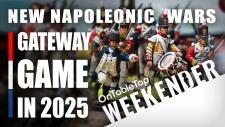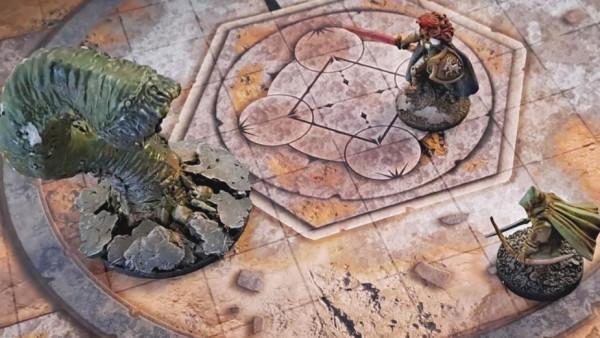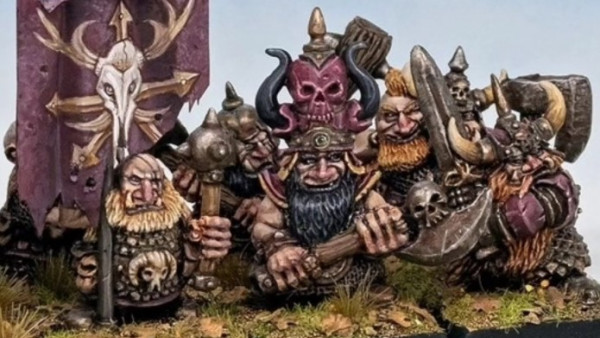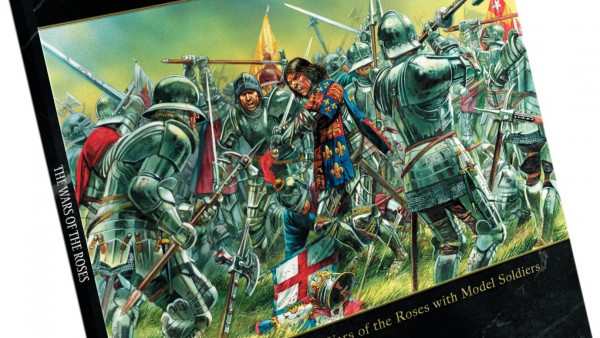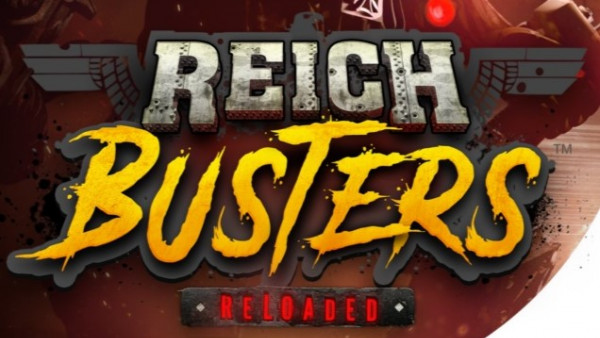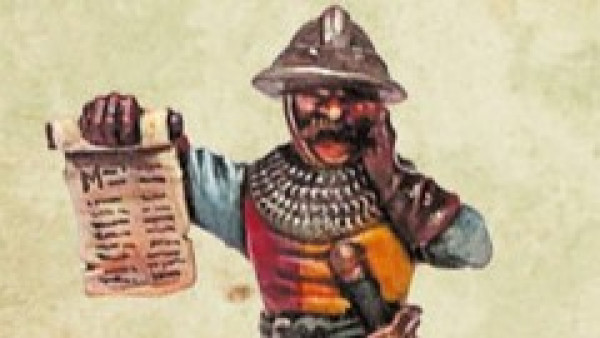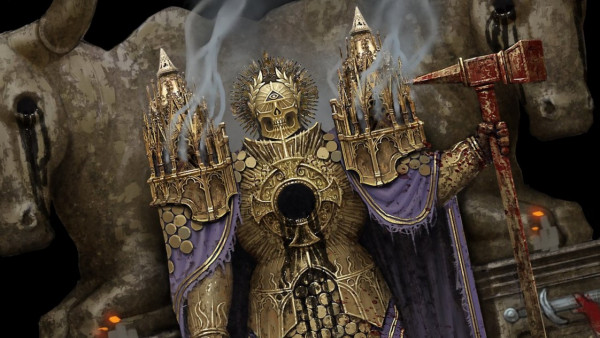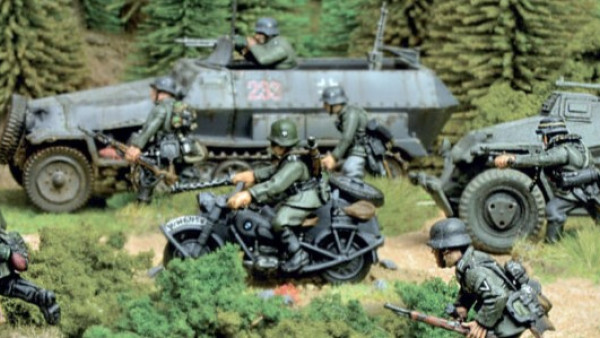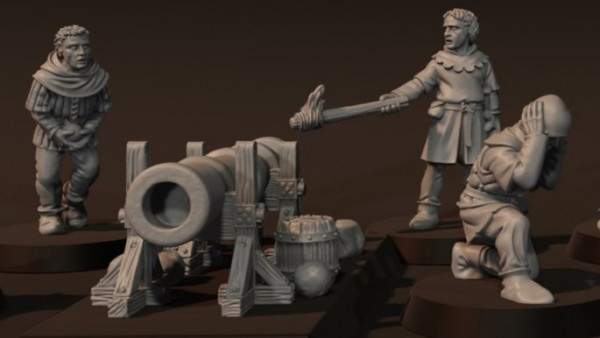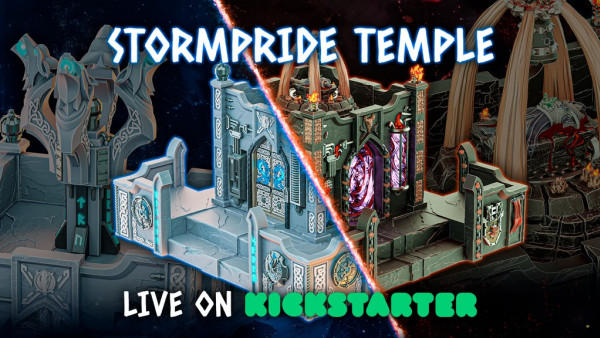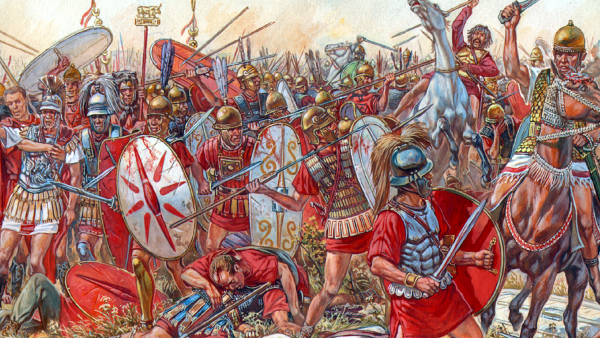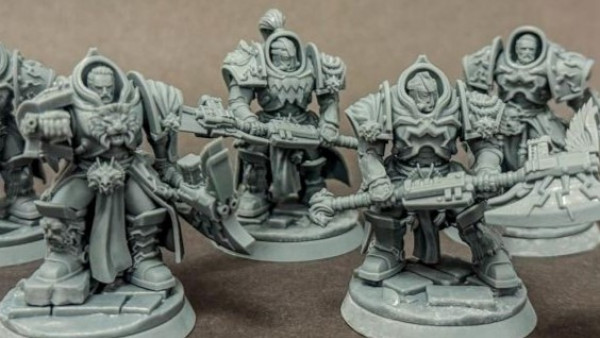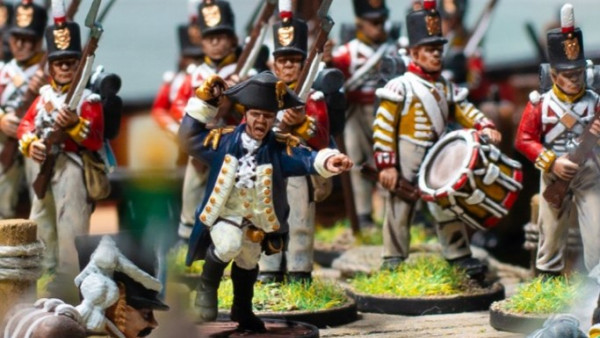Home › Forums › News, Rumours & General Discussion › D&D officially turning Forgotten Realms sights away from Euro inspired campaigns › Reply To: D&D officially turning Forgotten Realms sights away from Euro inspired campaigns
We’re pretty much going back around in circles, at this point. I understand what everyone is saying, and I think they’re all entitled to that opinion.
Maybe it’s just one of those conversations that makes perfect sense in person, but is very hard to convey in disconnected paragraphs of writing.
I think the Barbarian in the previous anecdote is actually arguing for my point, rather than against it. The reason the group is mad at him is because the mechanics of D&D encourage tactical play, action economy, class roles, and the like. There is nothing in the rules of Rage that say you have to disadvantage your group, and D&D’s finely tuned math, challenge rating systems, and level scaling means that even a bit of variance from smart play can leave a group in dire straits.
It’s why wizards all meta-game knowledge of their spell areas, the vast majority of DM’s tell people whether their spells were saved against, the vast majority of players will use meta-knowledge of a monster’s resistances, vulnerabilities, or even the age old question of “Who looks more wounded?” in combat.
His character may have wanted to role-play going into a berserk rage and running off into enemies, but the mechanics of the game actively punish that. I’ve often found that the themeless-nature of D&D/Pathfinder actively punishes role-playing, since the default setting is the video-game-ish campaign of levels, ridiculous gobs of HP, fast-healing, death as a status condition, etc.
While you’re correct that a player with Blasphemous Rage doesn’t have any more ‘right’ to sabotage the game than any other, that’s not what I was insinuating. What it means, however, is that the GM can arbitrate that a current situation has “triggered” his insanity, as described in the rulebook. He is then allowed a willpower check to resist its effects.
The GM is protected from accusations of sabotage because the rules spell out what can be reasonably considered a trigger. The Player is shielded from accusations of sabotage because the final arbiter is the dice, who play no favourites. And the group is able to explore themes and situations that I am extremely confident 95% of groups will never willingly tangle with, for fear of “playing poorly”.
Look at seduction in role-playing games. The vast majority of men are about as hard to seduce as a dog with people food in real life, but in RPG’s every hot-blooded young male PC suddenly becomes a 70-year-old chaste monk the second the obviously suspicious NPC starts trying to entice or lure them, unless they are trolling the group and want to see where it goes.
Are there simple mechanisms to resolve this in D&D? Sure. Roll Deceive VS Insight, or what-not. However, this feels cheap and flat most times, since anyone specced to deceive is going to have an astronomical advantage with their +12 deceive VS the fighter’s +1 insight. So the players just end up feeling robbed of agency.
Whereas A Song of Ice and Fire dedicates mechanics to the game of “seduction”, meaning it’s just as exciting to try to avoid the wiles and charms of a known deceiver as it is to try and dodge the blows of a deadly opponent. Sure, it might mean the PC might get seduced when they would have preferred not to be, but it’s in a similar vein to them being struck with an arrow when they didn’t want to be.
Would I put such rules into … say, 40k Deathwatch? No. They aren’t relevant there but they’re a huge part of the Game of Thrones setting, and only enrich that game.
I agree that mechanics can become a crutch, but at the same time, I find that there’s a lot of subtle arrogance we emit when we talk in such ways. What if some groups WANT that crutch? Why is our ideal of a dice-less game of storytelling and world-building any more or less admirable than some group that want to just dungeon crawl 4th Edition D&D style?
Don’t get me wrong. The past 3 weeks I’ve had three 8 or so hour long sessions of WFRP 2e, and I think all told we’ve had like a dozen or so dice rolls… some search tests and the like. I completely understand the desire for rules-light systems, and I have zero problem engaging players or building a believable world.
Mechanics are tools, though. I ignored the Endeavour rules in Rogue Trader. I ignored the Crafting rules in Pathfinder. Once a GM becomes confident in him or herself, they will learn which mechanics aid their style of play, and add depth and nuance to the game, and which just detract. While too many options can definitely clutter your mind, I think a game is better for having some mechanics that seek to emulate the theme or enrich the experience for those who choose to use them, or who aren’t blessed by the RPG gods to do all of that with their imagination alone.


































